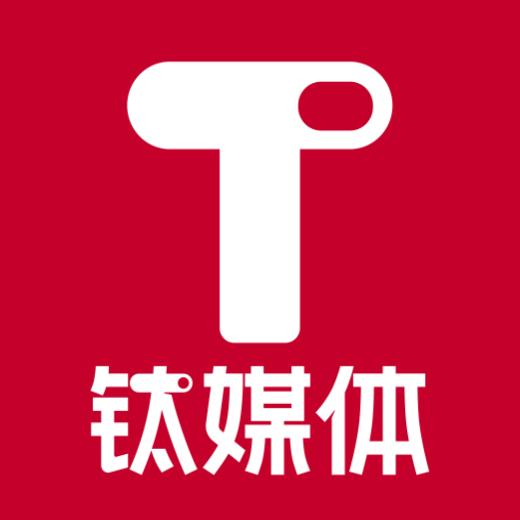BEIJING, January 10 (TMTPost)—Xiaomi Corporation vowed to be a full-stack style electric vehicle (EV) manufacturer as the Chinese leading smartphone maker is entering final countdown of first EV launch.

Credit:Xiaomi
Xiaomi said it doesn’t have any to to work with third party automobile companies to launch EVs, signaling it will not follow the collaborative way of Huawei. Backing the collaboration auto brand, Huawei usually participates in auto definition, design, marketing, user experience, quality control and provides intelligent vehicle software and hardware for traditional automobile manufacturers. Xiaomi, instead, from the very beginning has determined to conduct a full-stack development spanning design, research and development (R&D) and manufacturing, build the car entirely with its own capital and bear all the risks, according to a post to answer frequently asked questions released at Chinese microblogging social media Weibo on Tuesday. "This is not just Xiaomi's determination to all in automaking, but more importantly, a belief that only by fully investing in building cars and controling the entire stack, can we manage every aspect of the vehicle quality and user experience very well," the company said in the post.
In an interview with China Central Television (CCTV) last month, Xiaomi’s founder and CEO Lei Jun said his company has input out-sized resources in its first EV model, ten times of that traditional automakers invest in a model. “We invested in 3,400 engineers and the research and development (R&D) spending totaled more than RMB10 billion, ” Lei said.In another Q&A post released on Wednesday, Xiaomi echoed Lei’s remark, stating it has huge investment including more than RMB10 billion of R&D expenses and over 3,000 excellent engineers are working for its EV business.
According to the post, Xiaomi now focuses on its first model SU7, so it doesn’t plan to roll out another model like SU5. It ruled out Range-Extended Electric Vehicle (REEV), at least in the near term. The Chinese tech heavyweight said it will not unveil any REEV in the coming years. A REEV is an EV that runs on electricity but includes an auxiliary power unit known as a range extender. The range extender drives an electric generator which charges a battery that supplies the vehicle’s electric motor rather than driving the wheels. This allows for an increased range from the vehicle.
At an event on December 28, Xiaomi unveiled technologies that empower SU7 and its specs, but not disclosed launch timetable or price tag. Lei Jun reiterated Xiaomi wants to become the top five automobile club in the world in the next 15 to 20 years. He said it’s impossible to set a price of RMB99,000 or RMB149,000, and noted vehicles powered by batteries with the same specs as SU7 are sold for more than RMB400,000 at average. “Let’s show respect for the underlying technology ,” Lei said. In a post on X prior to the event, Lei said SU7 is in trial production and it will hit the domestic market in a few months. “The price has not been finalized yet, but we promise it will exceed your expectations,” according to Lei.
In the post on Monday, Xiaomi denies any possibility of low-cost EV version as an effort to lower the starting price. The Chinese smartphone leader confirmed it doens’t plan to launch vehicles under Redmi, its sub-brand with entry-level and mid-range priced smartphones. “There is not any such plan as we currently still focus on creating the entire production and sales chain of our first car-- Xiaomi SU7 very well,” Xiaomi said in the post.
As to the pricing range of SU7, XIaomi said it did have not make final decision and cited its founder and CEO Lei Jun’s saying that the model will cost high but the price is “reasonable”. Lei earlier this month suggested SU7 could be priced at up to RMB500,000, or more than US$70,000. Is there any competitor for SU7 among EVs with prices under RMB500,000? Lei responded to a netizen’s question about the selling price as part of comments of his post. The Monday’s post noted Lei’s remark is serious and Xiaomi feels very confident that SU7 is incomparable in the price segment below RMB500,000.
U.S. semiconductor giant Nvidia announced on Monday that Chinese EV makers chose Nvidia Drive for automated driving, and among them, Great Wall Motor, Zeekr and Xiaomi have adopted the NVIDIA DRIVE Orin platform to power their intelligent automated-driving systems. SU7 is built on a dual DRIVE Orin configuration for highway driving functions and will be officially launched in the first half of 2024, Nvidia said.
Lei Jun said,at the event about SU7 technologies, the investment in the first phase for Xiaomi’s full-stack intelligent driving technology totaled RMB3.8 billion, and the company has invested RMB4.7 billion more in the technology. Xiaomi aims to complete autonomous driving tests in 100 cities across China by the end of 2024, and become the leading player in the autonomous driving sector in the same one-year period.






















热门跟贴